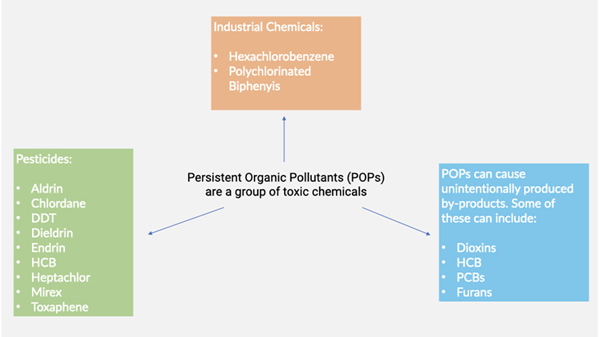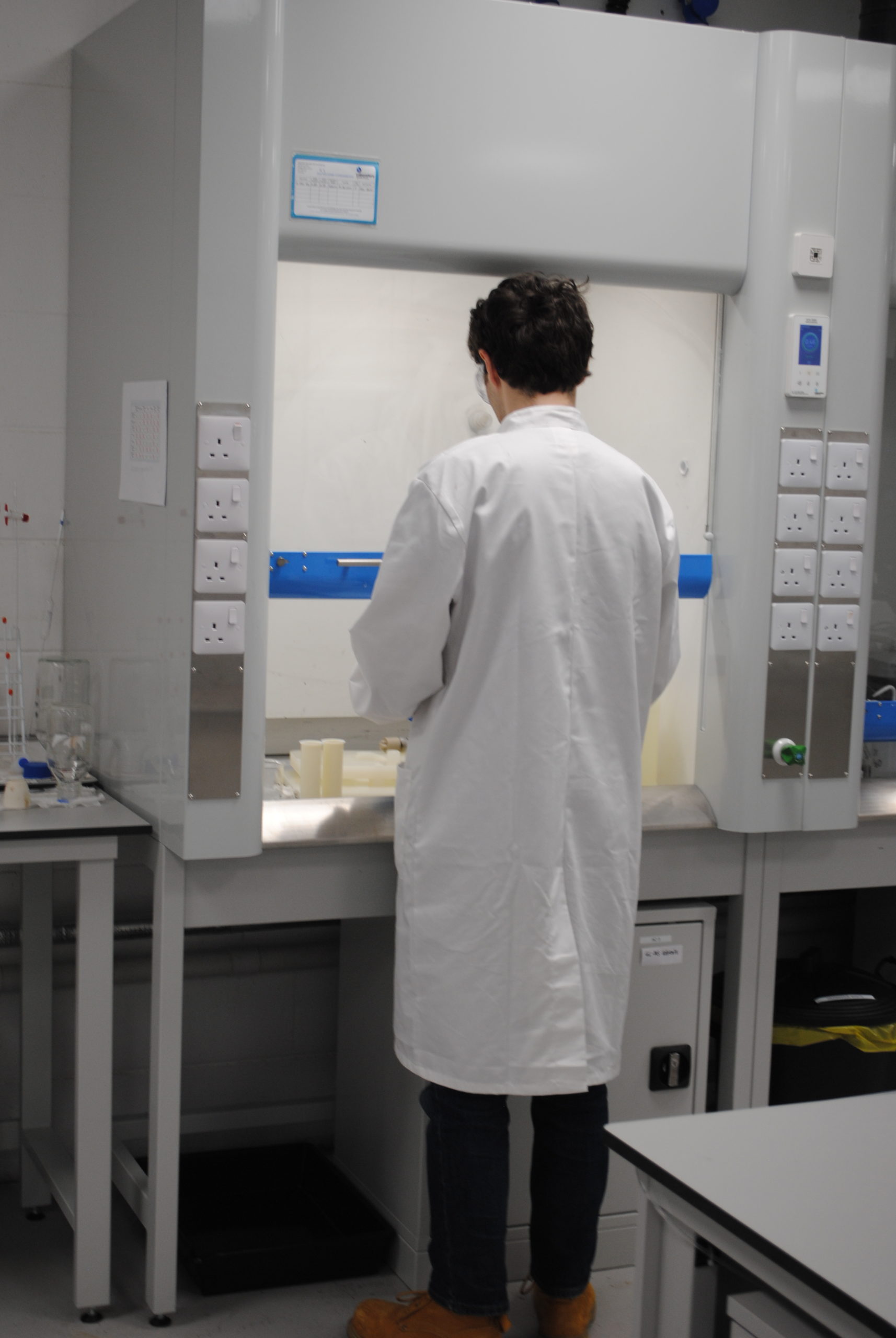Testing For Persistent Organic Pollutants
Persistent Organic Pollutants (POPs) are the name of a group of chemicals that are toxic. They are called ‘persistent’ as they don’t break down in the
 environment and are typically considered heavy pollutants as they often find themselves in places they shouldn’t be or in places that don’t have any production of them.
environment and are typically considered heavy pollutants as they often find themselves in places they shouldn’t be or in places that don’t have any production of them.
What are persistent organic pollutants used for?
POPs have many uses, which can vary depending on their intent. They can be used in products where they are intentional and productive, such as being used in pest control, solvents, flame retardants, manufacturing, pesticides, paint and agriculture. They can also be unintentionally produced through cigarette smoke, vehicle exhaust and waste incineration. This tends to mean that they will travel and bioaccumulate (accumulated through inhalation and consumption) in the fat cells of wildlife and humans. Most often, in cases of human consumption, they find their ways into our food, such as fish and wild foods or in the case of inhalation, they can come through fumes.
What risk do they pose to humans, when exposed to them?
POPs can cause a range of problems in humans, which is why it is important to limit contact with them. They can lead to damaged immune, reproductive and neurological systems, can cause people to be more susceptible to disease and in extreme cases, cancer. They also pose risk to the environment, through absorption in soil and air.
What impact do POPs have on plastic and WEEE recycling?
Some UK councils have recently stopped collecting used sofas due to concerns over Persistent Organic Pollutants (POPs) found in the foam padding. As reported by Letsrecycle, many upholstered furniture items are treated with flame retardants, some of which contain POPs. When these items are disposed of, these harmful chemicals can be released into the environment, posing risks to human health and ecosystems.
POPs also impact plastic and WEEE (Waste Electrical and Electronic Equipment) recycling. WEEE refers to the recycling of any item that consumes power via battery or plug, helping to manage electronic waste that could otherwise cause environmental harm when sent to landfill. Many flame retardants used in these products are classified as POPs, particularly brominated flame retardants. These chemicals require specialised disposal methods, including testing to determine their presence and concentration levels. If POPs exceed regulatory thresholds, they must be destroyed through high-temperature incineration— a method not commonly used in the UK.
At Impact Solutions, we have the capabilities to carry out testing on Persistent Organic Pollutants through our GCMS in our state-of-the-art laboratory, using both solvent extraction and pyro techniques. Get in touch here, to inquire further.
Feel free to follow us on Facebook, Twitter and LinkedIn if you would like to learn more.


